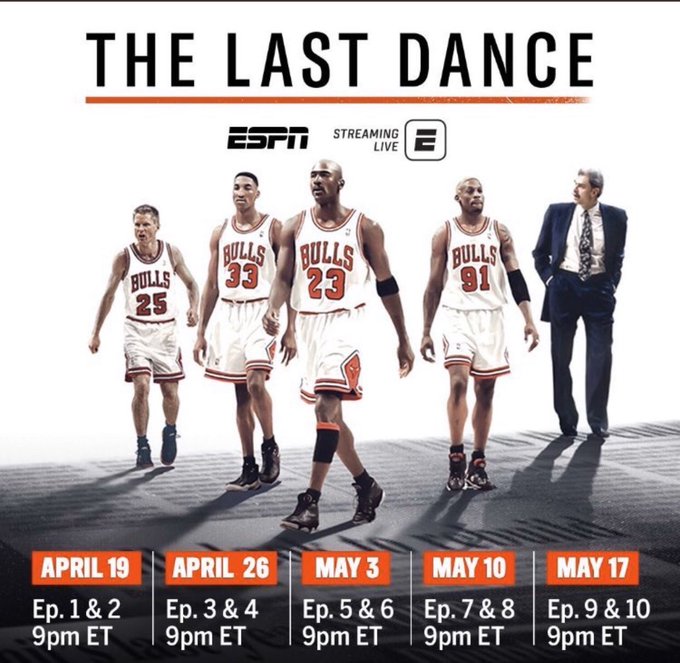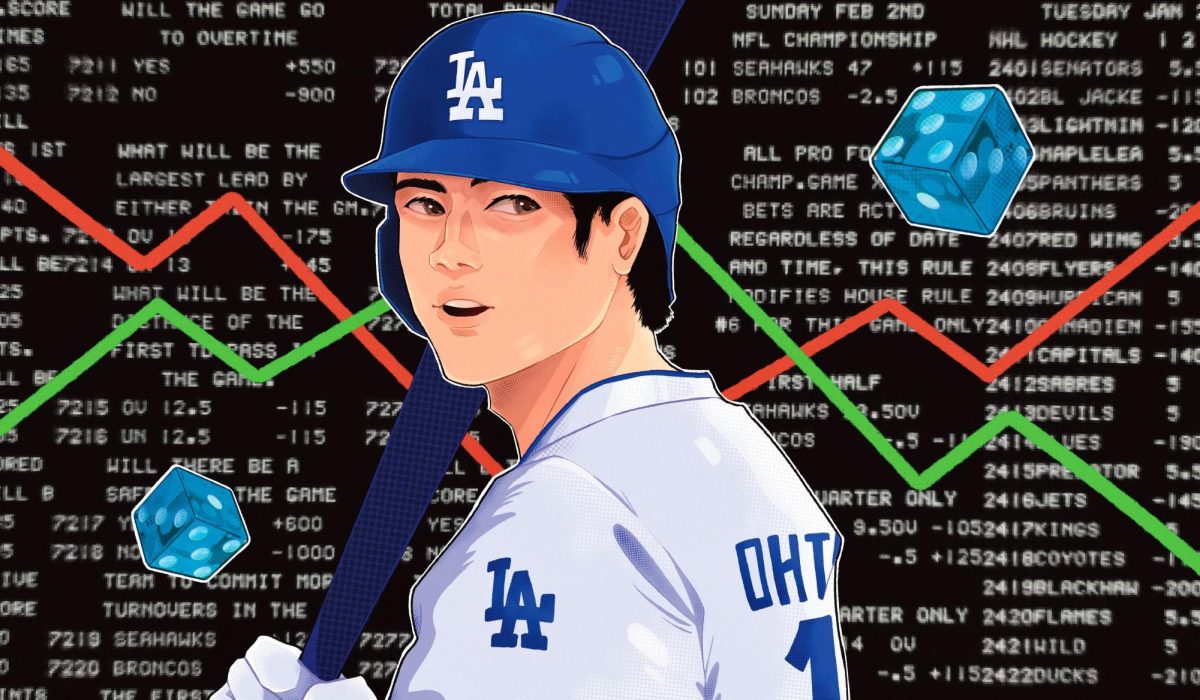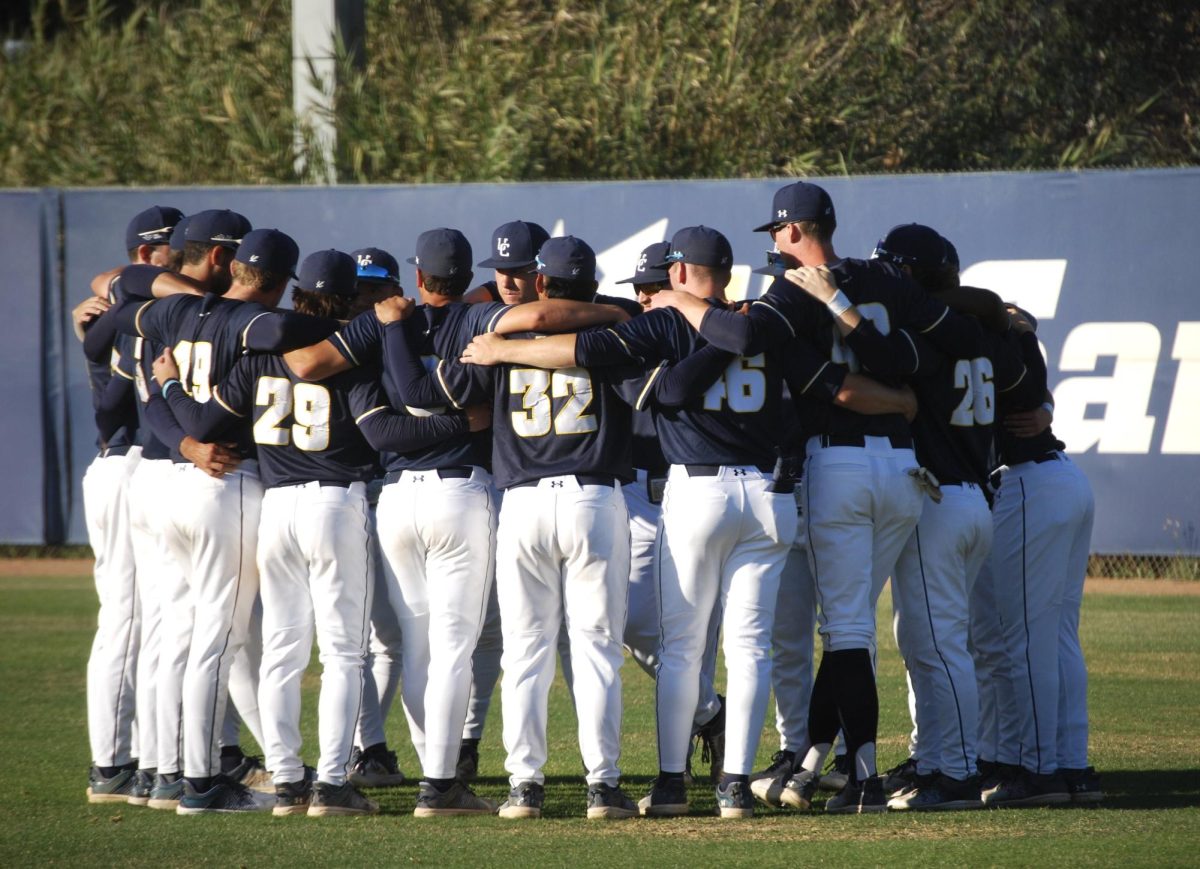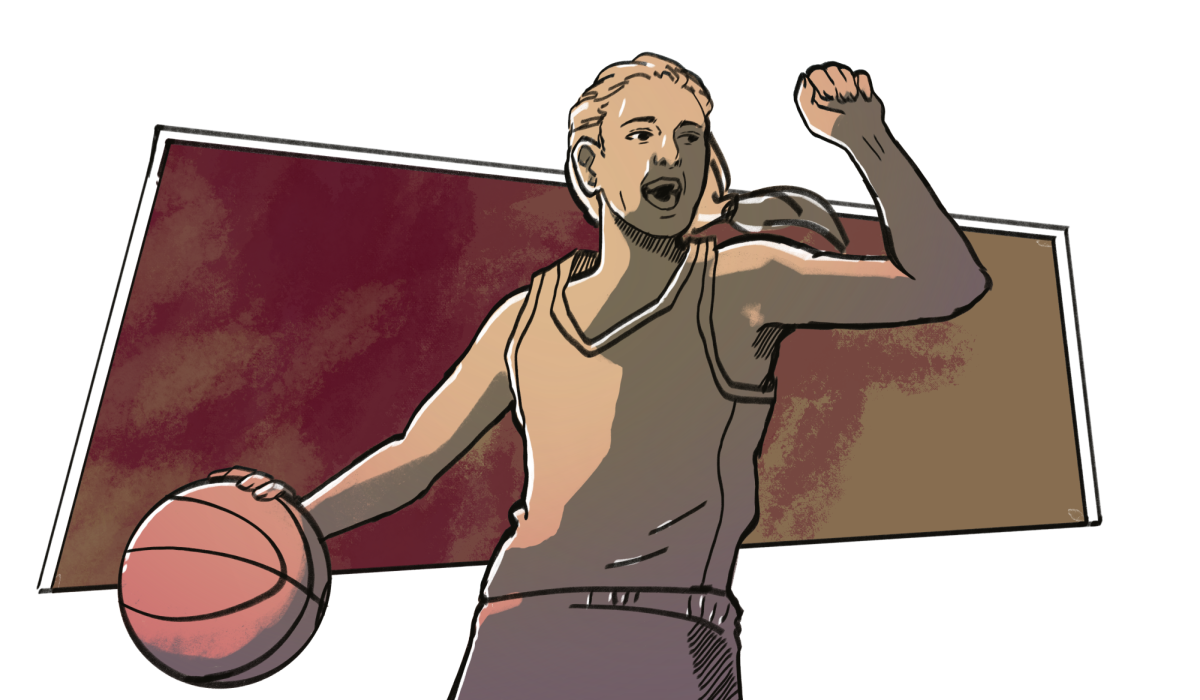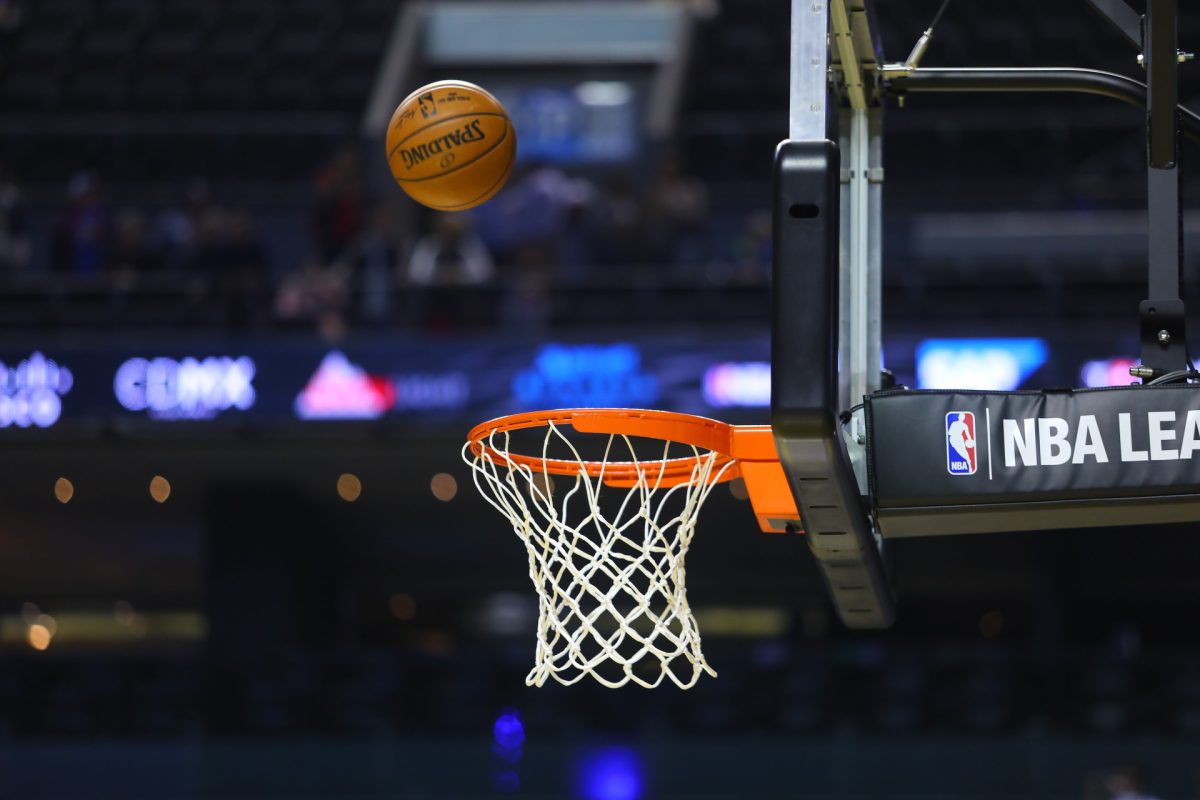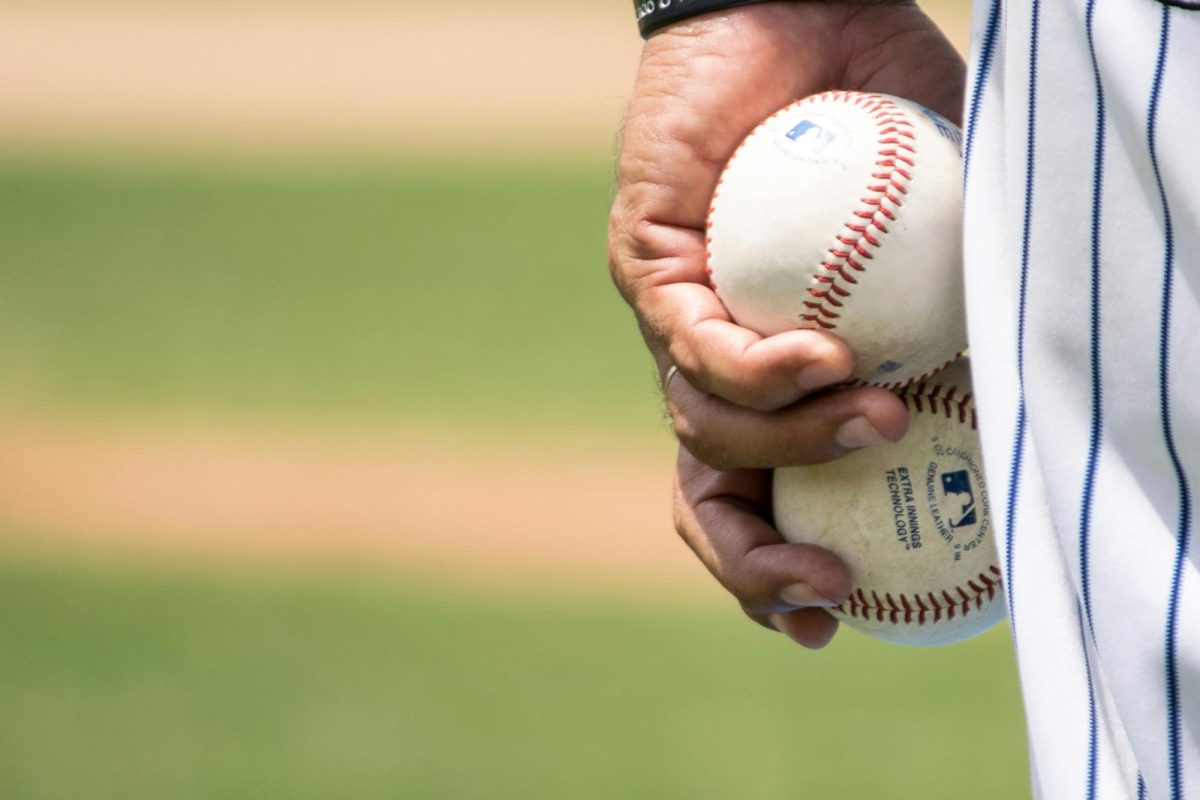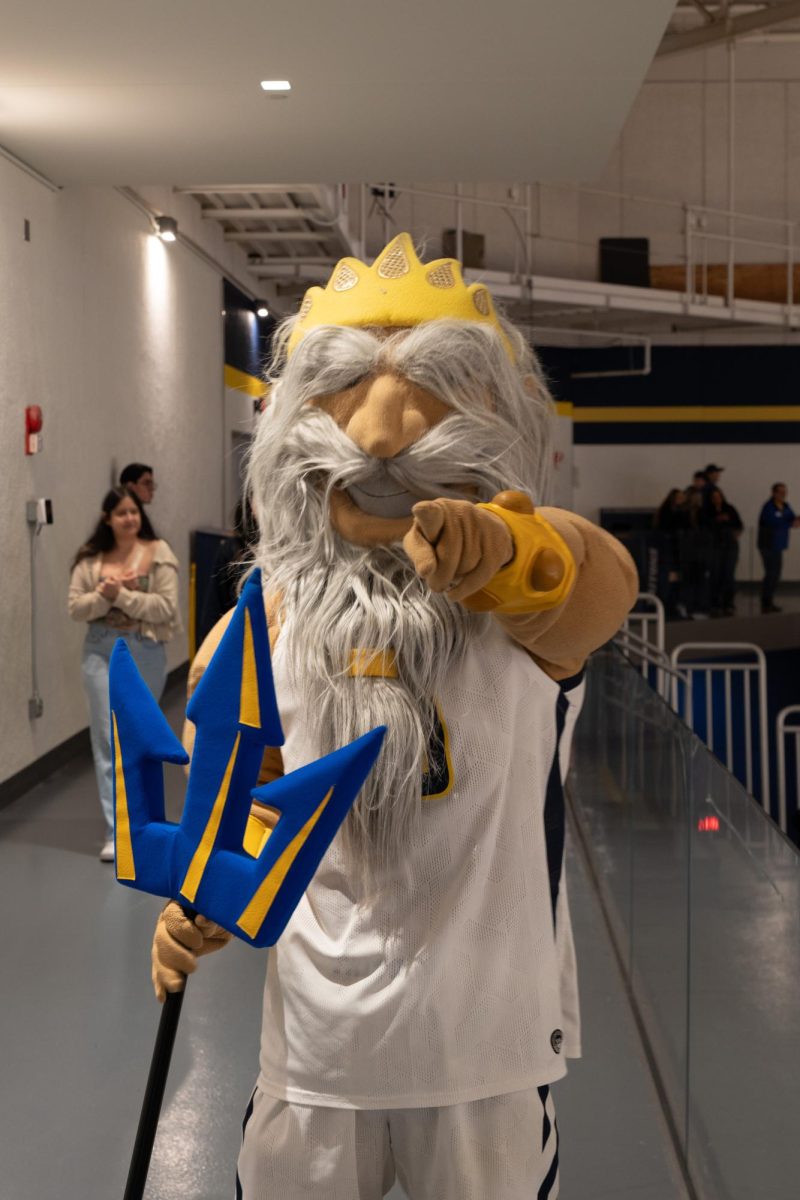If you’re most college students, what do you see Michael Jordan as? The name of a high-end sneaker brand? The owner of a mediocre small-market NBA franchise? The face of a meme synonymous with failure? But despite all that, Jordan has carried, and will forever carry, an aura around him that no other living American sports figure possesses. That aura is what makes “The Last Dance”, the currently airing documentary series about Jordan that focuses on his final season with the Bulls, such hallowed viewing for basketball fans. In a game where legacy is everything, “The Last Dance” is Jordan’s emphatic elevator pitch, commanding — ensuring — that we never forget the heights of His Airness.
It’s important to remember that “The Last Dance,” like any documentary, has a clear message to send. After all, Jordan is on both sides of the camera — his production company, Jump 23, is involved in the documentary, and NBA commissioner Adam Silver has stated that no footage from the 1997 to 1998 season was used without Jordan’s permission. And in a way, Jordan is undertaking as much of a title defense in the present, against LeBron James, as he is in the documentary. Although, the player who’s benefitted the most from “The Last Dance” is probably Scottie Pippen; judging by early reactions, the documentary seems to be doing for him what “Hamilton” did for its namesake.
But despite that, “The Last Dance” portrays the turmoil within Jordan’s Chicago Bulls teams that the rose-tinted glasses of hindsight don’t allow us to see. Sure, the documentary casts Bulls general manager Jerry Krause as the bad guy, but it also describes the mutual exasperation Jordan and his teammates had for each other. After the release of the first two episodes, former Bull and current Golden State Warriors head coach Steve Kerr said that the one thing that people would never truly understand about the Bulls’ dynasty was just how difficult of a journey it was. Kerr, by the way, having played in a successful three-peat run and coached an unsuccessful one, knows the pressure of expectations, injury, conflicting egos, and slumping motivations better than anybody.
Despite the intrigue of the Bulls on the court, the legend of Jordan outside of basketball is just as fascinating, if not more, to study from today’s perspective. It’s hard to understand just how big of a deal Michael Jordan was in the 1990s without seeing the way people have reacted to him around the world. Only Jordan could make Barack Obama, probably the most famous American since, into a “former Chicago resident,” as he is cheekily referred to in his interview in “The Last Dance”.
Jordan, like basketball’s other folk heroes — Wilt Chamberlain and Kobe Bryant come to mind — , occupies this weird space where you can tell any story within reason about them, and it wouldn’t be all that hard to believe. We’re only a couple episodes into “The Last Dance,” and it’s too early to come to conclusions about its contents, but it faces the uphill battle of spinning a narrative about Jordan that, as a viewing public, wouldn’t make us look off into the distance and say, “Yeah, that was Michael.” Sure, we could describe him with his 30.1 points per game, 14 All-Star appearances, or five MVP awards, but we choose not to — the stories we tell about him will last longer and mean more than those stats could ever capture.
Sports fans will always, explicitly or not, traffic in the idea of “legacy,” that elusive metric of greatness that drives the LeBrons and Durants of the world to become hated men in order to become champions. And of course, Jordan’s legacy is valuable in large part because it sells shoes, jerseys, and Hanes underwear, but his hold on our mutual psyche runs far deeper than that. It’s why every sports fan in the country can’t take their eyes off “The Last Dance,” because no matter whether or not it’s completely accurate, we all love a good superhero movie.


